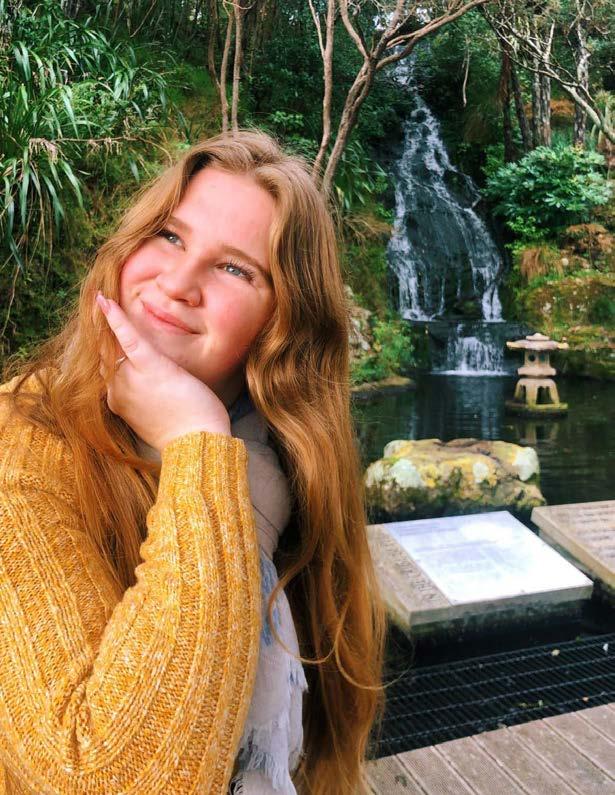HEALTH AND WELLBEING: JOHN APPLETON
I have been writing articles on topics related to our health for a number of years and in Channel I keep you up to date on ways in which we might improve our health by becoming more aware of the many options that are available to us.
Kidney Stones
John Appleton.
Prevention can be easier than treatment As I see it - by John Appleton
There are few of us who would not have heard about the excruciating pain that can be associated with kidney stones. We hear stories about the pain being worse than that endured by women during childbirth. Kidney stones come in several forms, with the most common being calcium stones which are composed of calcium in combination with either oxalate or phosphate. They occur when there is a lot of calcium circulating in the blood. Uric acid stones occur when there are excess amounts of uric acid in the blood which can happen if the diet is high in animal protein. Another form of kidney stone is known as a struvite stone. These are often composed of magnesium ammonium phosphate and they tend to occur in people who have frequent urinary tract infections. The pain that is caused by kidney stones is as a result of a stone blocking the ureter (the ‘tube’ that drains the kidney into the bladder). When urine cannot pass down the ureter there is a backup in the kidney which is not able to expand to accommodate the additional fluid. This is called hydronephrosis.
Something we can all do every morning to help our kidneys is to drink two large glasses of tepid filtered water with the juice of a lemon squeezed in them. It’s the citric acid in the lemons that does the trick. Not only can it help prevent kidney stones from forming, it can help break up small stones. Very small kidney stones can often pass on their own but for the larger stones surgical intervention is often necessary. Shock wave treatment known as lithotripsy is a well-known option. Extracorporeal shock wave therapy (ESWL) was first used in 1980 and it literally causes the stone/s to shatter. Another procedure called ureteroscopy involves passing a small telescope up through
the urinary tract to where the stone is located and a laser goes to work to break the stone into pieces. A much more invasive option for very large stones is called percutaneous nephrolithotomy which involves surgery through the back. All of the above are quite significant interventions; they don’t always provide an instant fix and there can still be a lot of pain involved. As I see it the more we can do to avoid the need for medical interventions and of course the pain associated with having a kidney stone the better. The good news is that supporting normal kidney function is simple and it’s not expensive. First on my to-do list is drinking at least two litres of filtered water daily. This can be done over the 24 hour period. A glass of water at bedtime may mean getting up in the night but it’s really important to reduce the concentration of the urine during the night when the kidneys are working hard to process waste. The colour of the urine should for the most part be clear to very light yellow. Urine is yellow in colour due to a pigment known as urochrome which is produced as a result of the breakdown in the liver of the heme part of the haemoglobin from old red blood cells Something we can all do every morning to help our kidneys is to drink two large glasses of tepid filtered water with the juice of a lemon squeezed in them. It’s the citric acid in the lemons that does the trick. Not only can it help prevent kidney stones from forming, it can help break up small stones. The more citric acid we obtain from the lemons the better the protective benefit. Another interesting option popped up on my radar some years ago. It’s a South American herb (Phyllanthus Niuri) from the Amazon rainforest known as Chanca Piedra which literally means ‘stone breaker’. It has been used for generations by indigenous people to support the elimination of gallstones and kidney stones. Chanca Piedra is readily available online. Of all the conditions that send us off to the doctor, kidney stones could be one of the easiest to prevent. It involves little cost but it does require an ongoing commitment to some simple lifestyle changes. John Appleton john@johnappleton.co.nz 09 489 9362 www.johnappleton.co.nz
www.channelmag.co.nz Issue 112 - August 2020
99

























